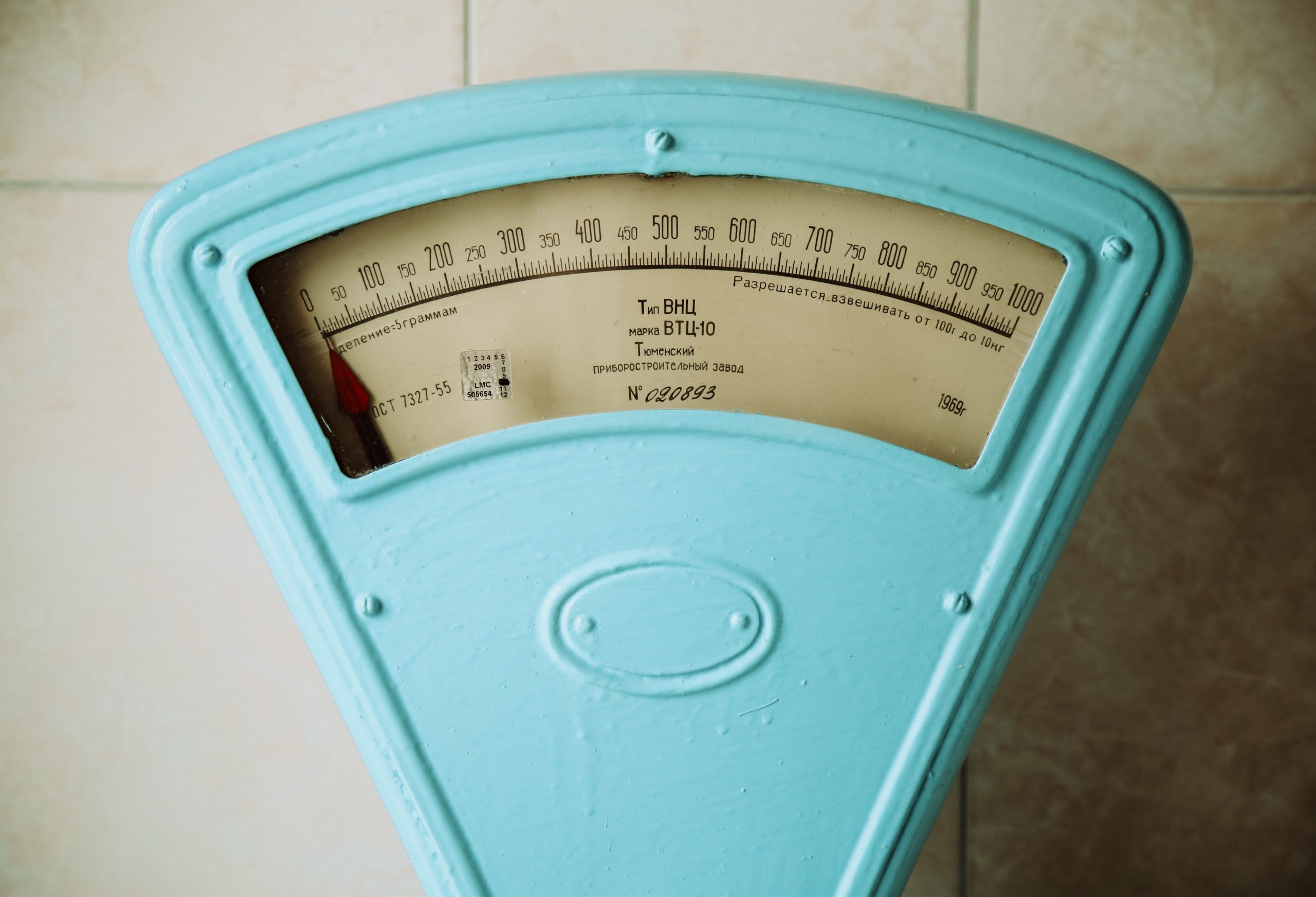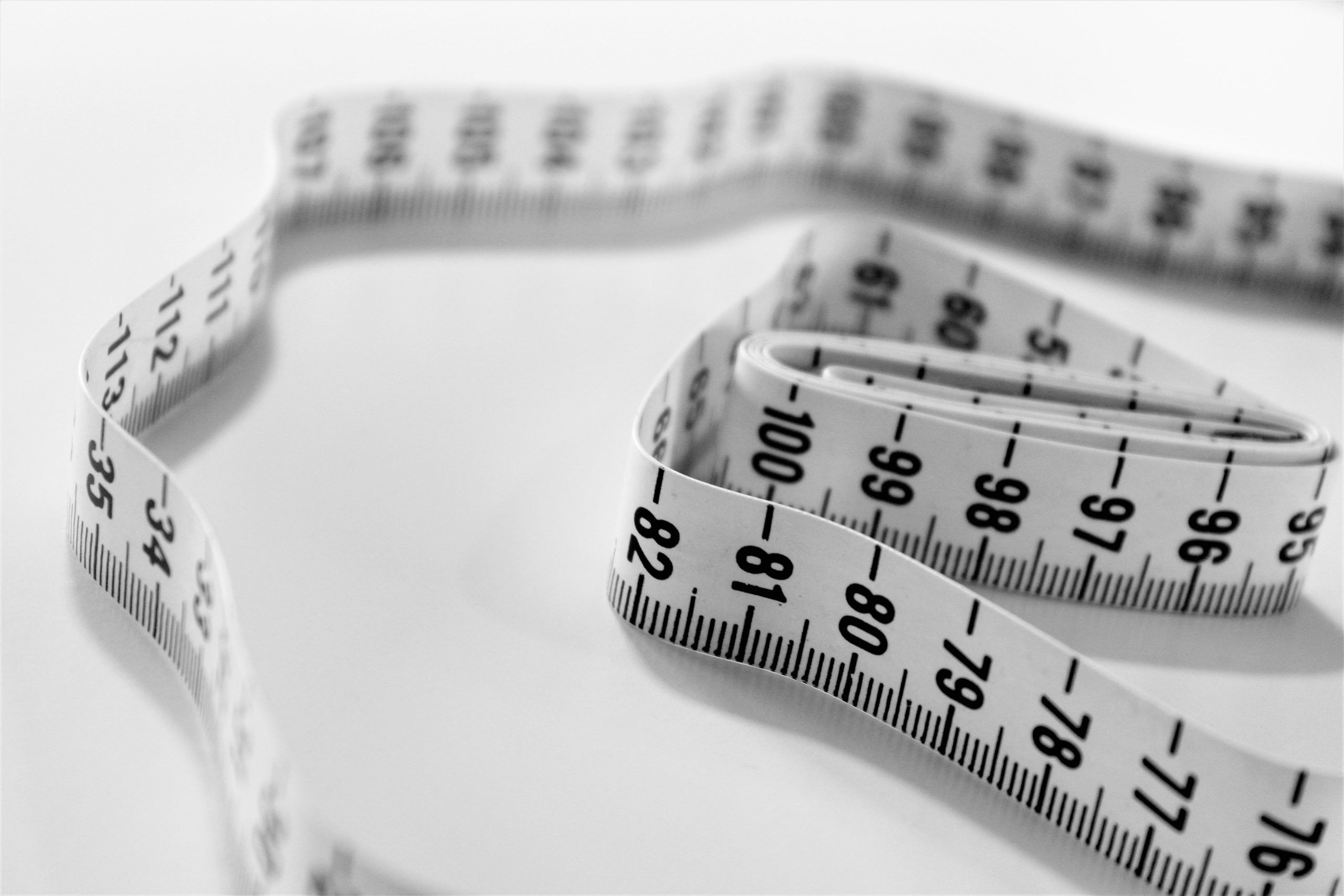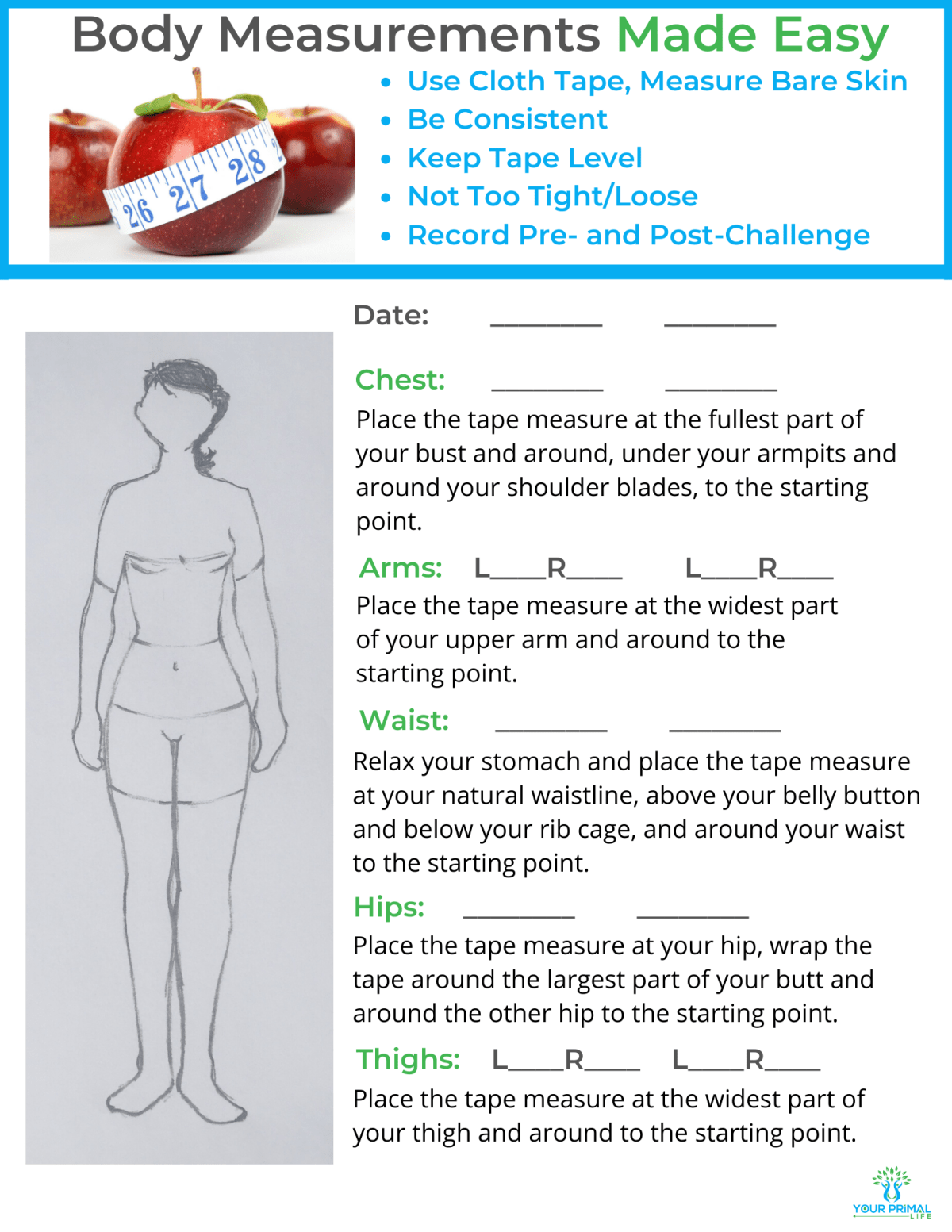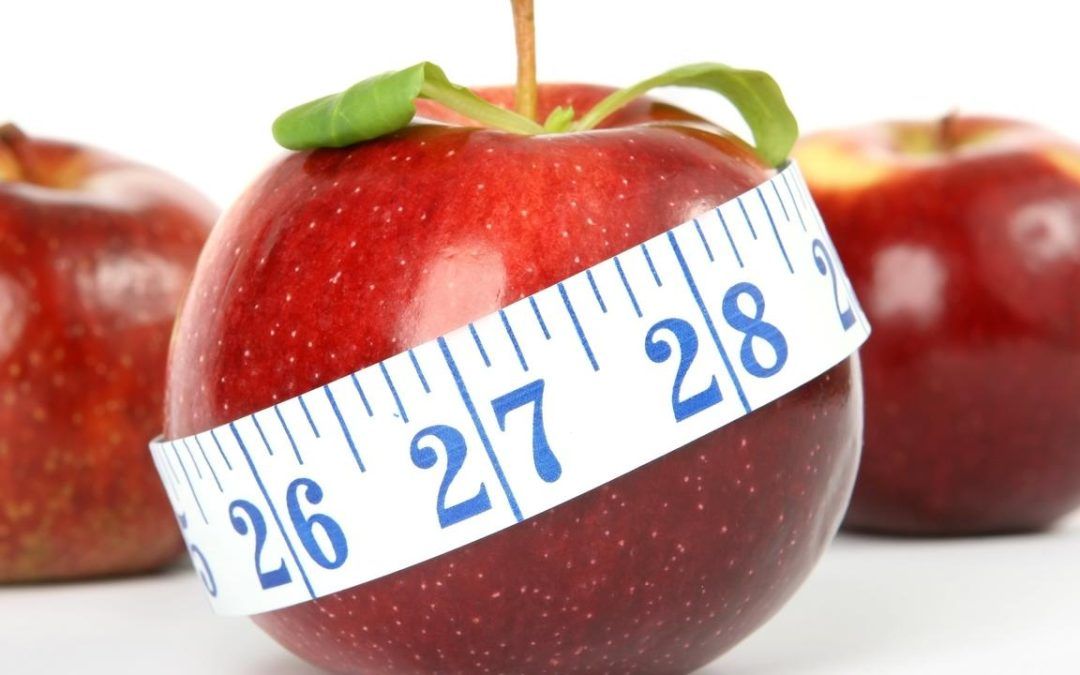When adopting a healthier lifestyle in hopes of losing weight, in the form of body fat, the 2 most popular ways to track progress are;
1. Body weight
2. Body measurements
They both have their place in monitoring progress, however, in my opinion, one method is hands down the best option. Here’s my recommendation.

Body Weight
Measuring body weight on a scale wins the convenience factor because scales are available most anywhere. But it’s also the most inaccurate because it takes everything into account, including what you just ate or drank, what you’re wearing, your fluid retention, and your bones, fat & muscle.
And lastly, it seems to be the most misused. Some people get downright obsessive and weigh themselves multiple times throughout the day and think they have gained or lost based on the reading. I even heard of a woman who packed her scale when she traveled. Now that’s obsessive.
It’s near impossible to gain or lose a pound of fat in a few hours, much less in a day. A pound is equivalent to 3,500 calories. To lose a pound in a day, you would have to burn and restrict calories significantly. That may not be safe and isn’t the best idea.

Body measurements
A much better, albeit not as convenient, gauge is taking body measurements. That will give you a better reading of what is really happening with your body composition, which is after all, what you are trying to affect. A pound of muscle and a pound of fat weigh the same, but muscle takes up less space. You may not be losing weight, but you may be getting slimmer.
How do your clothes feel on you? How do you feel? How’s your energy level? The number on the scale really means nothing compared to the body composition changes you will experience when improving your fitness level. Taking your measurements once every 4-6 weeks is usually often enough.
Stay off the scale! But if you must, weekly is enough. Here’s a guide to help you take your measurements and track your progress;

In Health,
Coach Nanette



